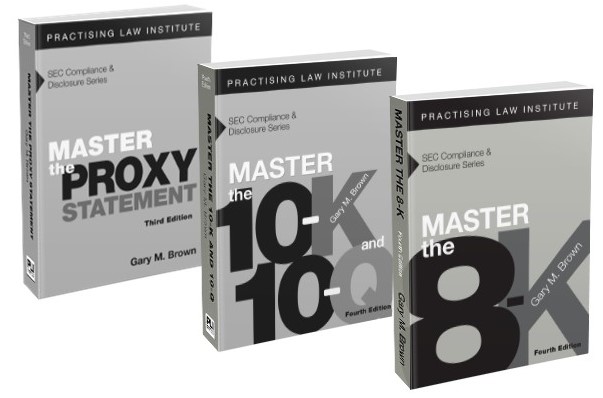
Copyright Law: A Practitioner’s Guide (Second Edition) serves as a crucial reference guide for general practitioners, in-house counsel, and any other professionals who may require quick and effective answers to copyright questions. This treatise provides a current analysis of court cases and a methodical approach to copyright law.
Highlights of the new edition include:
- Clarification of the copyrightability of AI-generated content pursuant to the Copyright Office’s 2025 report (Section 2:7.5)
- Examination of three separate district court rulings in Delaware and California regarding an AI developer’s use of copyrighted material and whether it was deemed fair use (Section 8:1)
- A ruling by the Second Circuit on a nonprofit organization’s distribution of books online and its eschewal of fair use (Section 8:4.2[A])
- A finding by a California district court that the sale of a social media platform’s public data and its preemption by the Copyright Act (Section 11:3.4[C])
- Coverage of the “simple measures” test by the Fifth Circuit in a case upholding the liability of an internet service provider in failing to halt infringement (Section 11:8.3[B])
- Updates to the Table of Authorities and Index
Order a print copy today.








